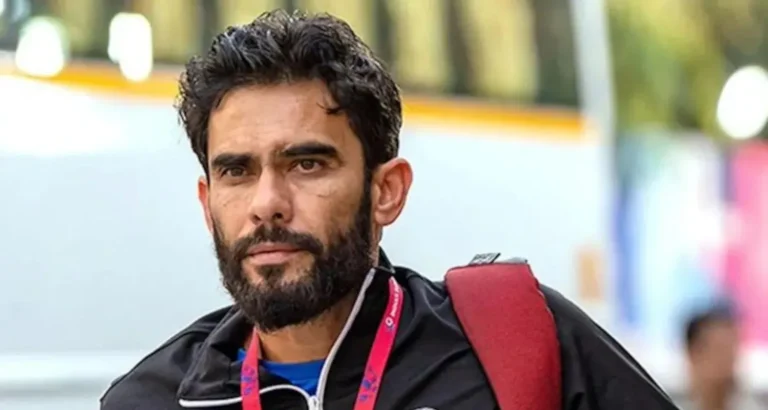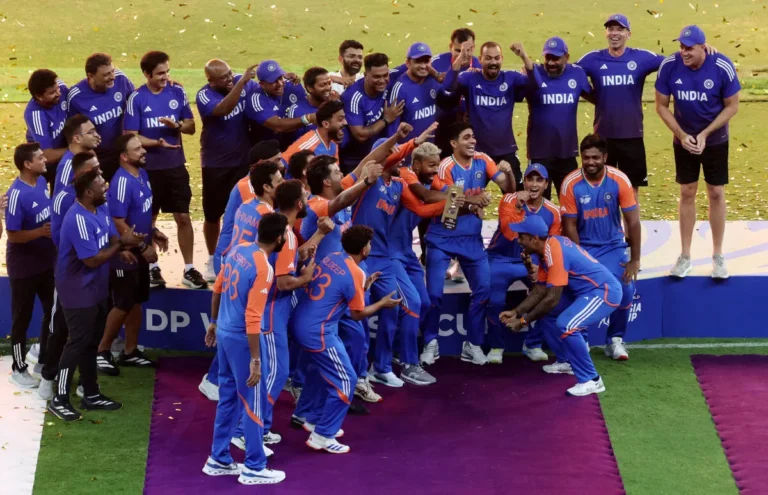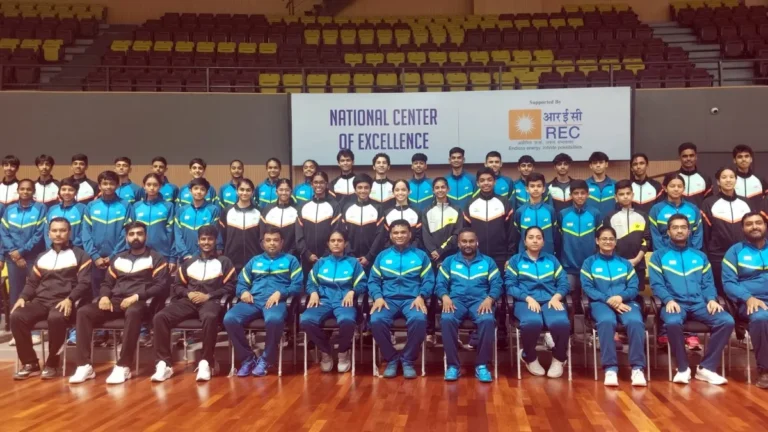
Tactical Transformations in Modern Football
Football is a sport that is constantly changing and flowing; the 2025 football season comes with another tier of changes both on the pitch and outside of it. From tactics to technology, football has to constantly broach the expectations of a new and modern audience.
Football Trends in Tactical Changes
The Premier League is going through significant tactical changes, moving away from a possession-reliant type of play. In 2024-25 Pep Guardiola’s Manchester City experienced its lowest points tally since his first season, while Arne Slot’s Liverpool have won the title with counter-pressing and after gaining possession recognizing transitions.
The introduction of “rest defense” by Slot was significant in its emphasis on immediately regrouping after a turnover in possession by positioning players.
European football is now largely dominated by high-tempo systems and counter-attack strategies. Systems such as 3-2-4-1 and dynamic defensive transitions are growing on popularity. Fast-break goals in the Premier League totalled 112 last year, we had not seen number of fast-break goals in recent years at a
Changes to Football Through Technology and AI
Technology is driving much of football’s change. Clubs and leagues now utilize AI driven analytics for tactical preparation, business, and fans. Smart footballs with sensors, smart boots, and smarter referee ‘arbitration’ tools are actively changing the game.
AI also helps with player health by predicting injuries, and estimating fatigue and biomechanics. Simultaneously, instant speech-to-speech translation technology enables clubs to reach new global fans in real-time.
Football Trends in Fan Engagement
Fans in 2025 are learning to work through a fragmented media landscape where broadcasting rights are increasingly shared across platforms. Known as ‘subscription fatigue’, fans are becoming tired of looking for matches. This fragmentation has resulted in clubs and leagues reimagining the delivery of content. Communicating with fans directly by way of an update, extending the availability of highlights on-demand, and creating an engaged community through new experiences have proven to be key.
Social platforms still matter, but personalization is now vital. AI assists clubs in delivering exclusive, localized content to fans while media companies, such as sports live news, offer significant opportunities to provide instant match coverage, tactical analysis, and international fan engagement updates to fans around the world.
Trading on the Global Football Market Facing Compression
The football calendar continues to grow with expanded UEFA competitions and FIFA Club World Cups creating additional matches and potential revenue. Some elite clubs such as Real Madrid and Manchester City are facing as many as 74 matches next season and Flamengo has entered the Money League for Football for the first time in decades – indicating the growing importance of clubs outside of Europe.
The impact of the width of the seasonal schedule creates concerns regarding work load and athlete welfare. Governing bodies will need to come to a resolution around earning revenue for sports bodies while being considerate of the athlete’s health as the unions consider mobilising themselves over a congested calendar for competition.
Innovations off the pitch and sustainability in football
Football’s impact transcends the sport itself and touches on fashion and technology. There are many sportswear brands that are developing sustainable items using fabrics, moisture-wicking kits, and throwbacks. Innovations are happening to accessories and training equipment with a focus on performance and safety.
Football clubs have extended beyond their sales on the pitch to begin developing the very best operations, develop private equity partnerships and have professionalized club policies and management structures. Football clubs are building very strong teams off the pitch in the same manner as they build their stars that work on the pitch.
The Role of Media in Football
It cannot be overstated the power that the media have on the range of the football experience as we know it. Companies like sports live news allow fans to stay plugged into every game with updates, breakdowns on tactics and extensive coverage that fans have easy access to. The media establishes football on a global level and connects supporters even if they are continents apart.
The Future of Football Trends
When we think of football in 2025 we are looking at speed, intelligence and globalization. We are in an era where tactical patterns and algorithms will change the game, AI will decentralize strategies, expanded fan behaviours will stretch an economy across borders and increase commercial margins.
The most exhilarating feature is variety; clubs that take on the opportunity of Football Trends and its chance for adaptability will lead the way closely followed by those who are resistant to change. The beautiful game will continue to bring billions together, old traditions will merge with innovation for a new generation.





